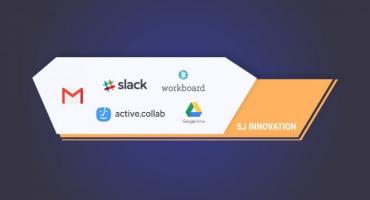Will AI Take Over My Job as a Software Tester?
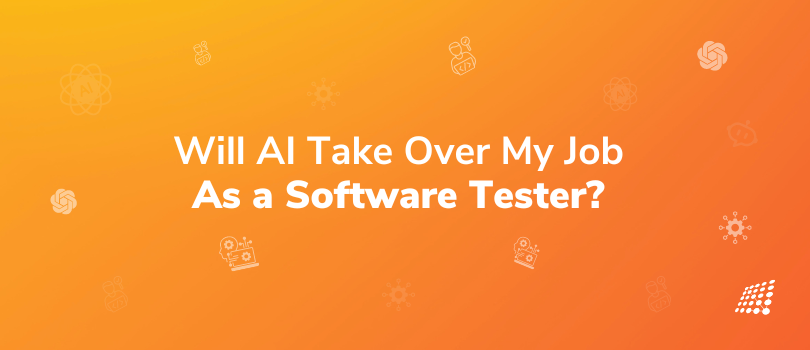
As a software tester with six years of experience, I've spent countless hours ensuring that websites function as they should, spotting and rectifying errors made during the development process. Recently, however, the rise in Artificial Intelligence (AI), poses an intimidating question, “Could AI really replace me?" Or, is there a way for AI and software tester QA jobs to co-exist?
No doubt, AI is efficient and time-saving but can it potentially take over roles like mine?
The Evolution of Testing
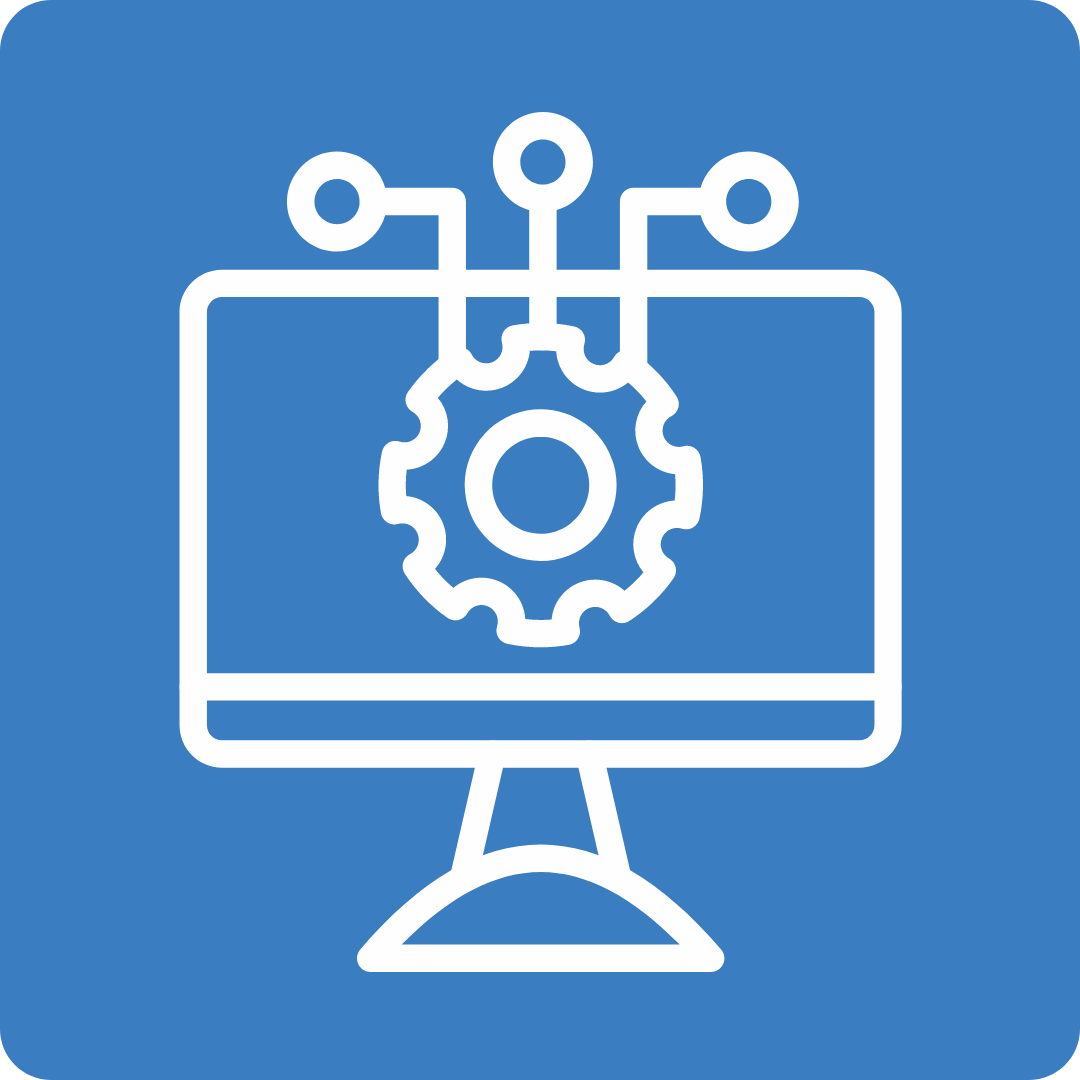
Upon researching, I discovered that AI indeed has the capability to perform certain aspects of my job.
If you look at how testing has evolved, automation completely transformed software testing, offering efficiency and precision where it once relied heavily on manual processes. It helped with:
- Speed: Automated tests run far quicker than manual tests, accelerating the testing cycle.
- Consistency: Automation excels in handling repetitive tests, allowing testers to allocate their expertise to more complex areas.
- Stability: Automated regression testing quickly detects any disturbances in stability, maintaining the robustness of code.
Agile and DevOps
Agile methodologies and DevOps practices aimed to streamline development, but did they make testers obsolete?
- Agile Shift: Within agile teams, developers began performing tests, diminishing the boundary between writing and testing code.
- DevOps Continuous Integration: Continuous integration and deployment, a DevOps hallmark, seemed to reduce the need for dedicated testers.
However, the reality was different, as testers redefined their roles to align with these methodologies by taking on more diverse and proactive tasks.
The Expanding Role of Testers
Today, testers have evolved beyond the traditional role of finding faults:
- Insightful Investigators: Going beyond surface-level checks, they dive into software with a user's mindset to uncover subtle and unforeseen problems.
- Process Guardians: Testers thoroughly examine and validate entire workflows to guarantee a smooth and seamless experience for the end user.
- Collaborative Contributors: Testers are now essential members of the development ecosystem, working alongside developers, product managers, and designers to shape the final product.
What Does This Mean for Software Testers Like Me? Can AI Replace Me?
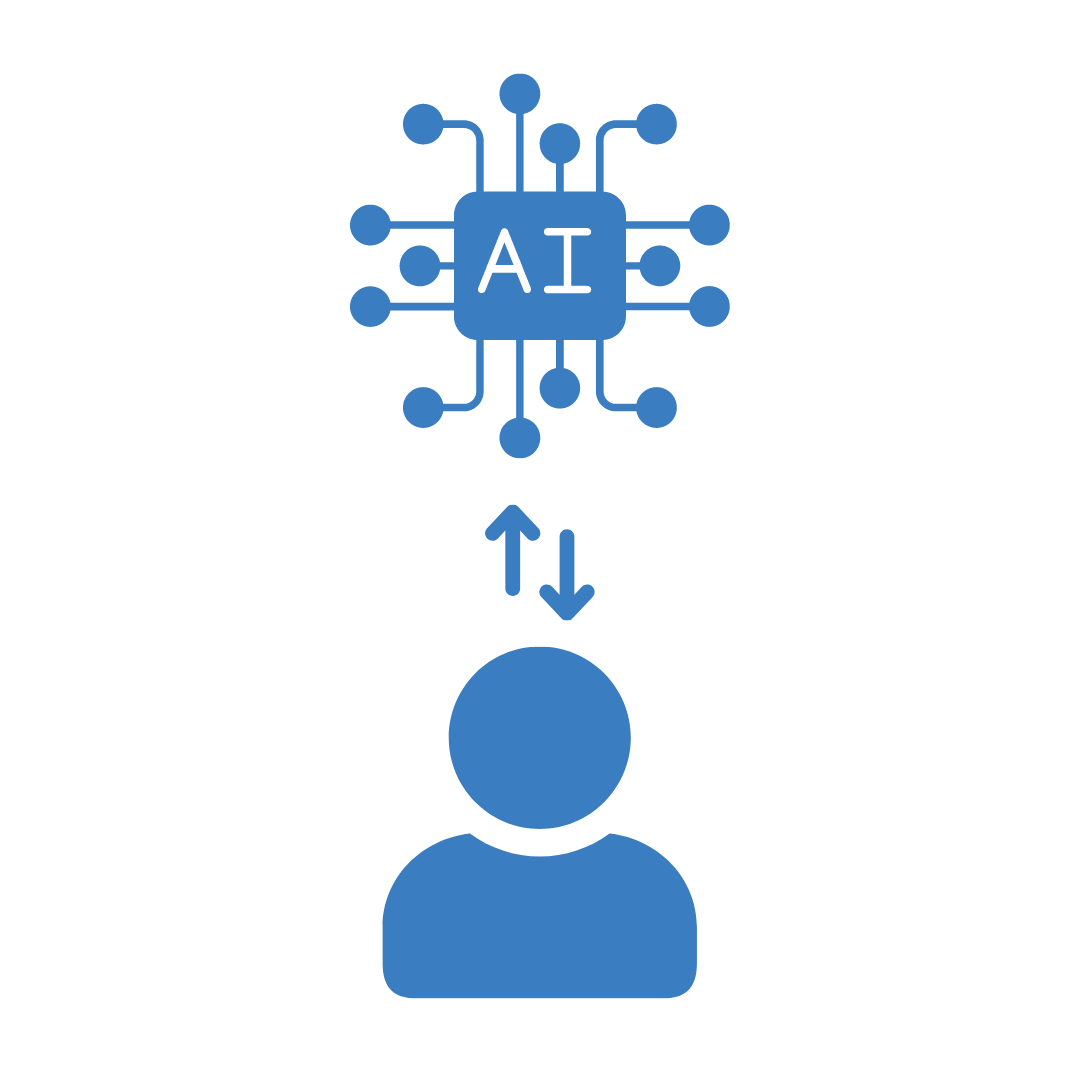
After the initial alarm bells rang and worry subsided, I thought, “Why am I looking at AI like it’s the devil itself? Wouldn’t my software test automation skills and role as a software tester improve with AI Quality Assurance?”
Take regression testing, for instance. This process, similar to checking all parts of a toy after fixing one piece, can be time-consuming. However, AI can execute this task faster and without fatigue.
Similarly, AI can simulate multiple users interacting with a program simultaneously to evaluate its performance under pressure. This process, known as performance testing, is akin to determining the maximum number of children a playground can accommodate before becoming overcrowded. AI can use testing bots to review documents, make a test plan, decide on tests to run, perform those tests, and log any bugs found.
AI also drastically reduces waiting time as it handles waiting for new releases, automated test runs, and bug fixes. Besides this, its attention to detail is marvelous. It excels at analyzing test results and even maintaining automated tests.
Human Effort Remains Crucial for Testing
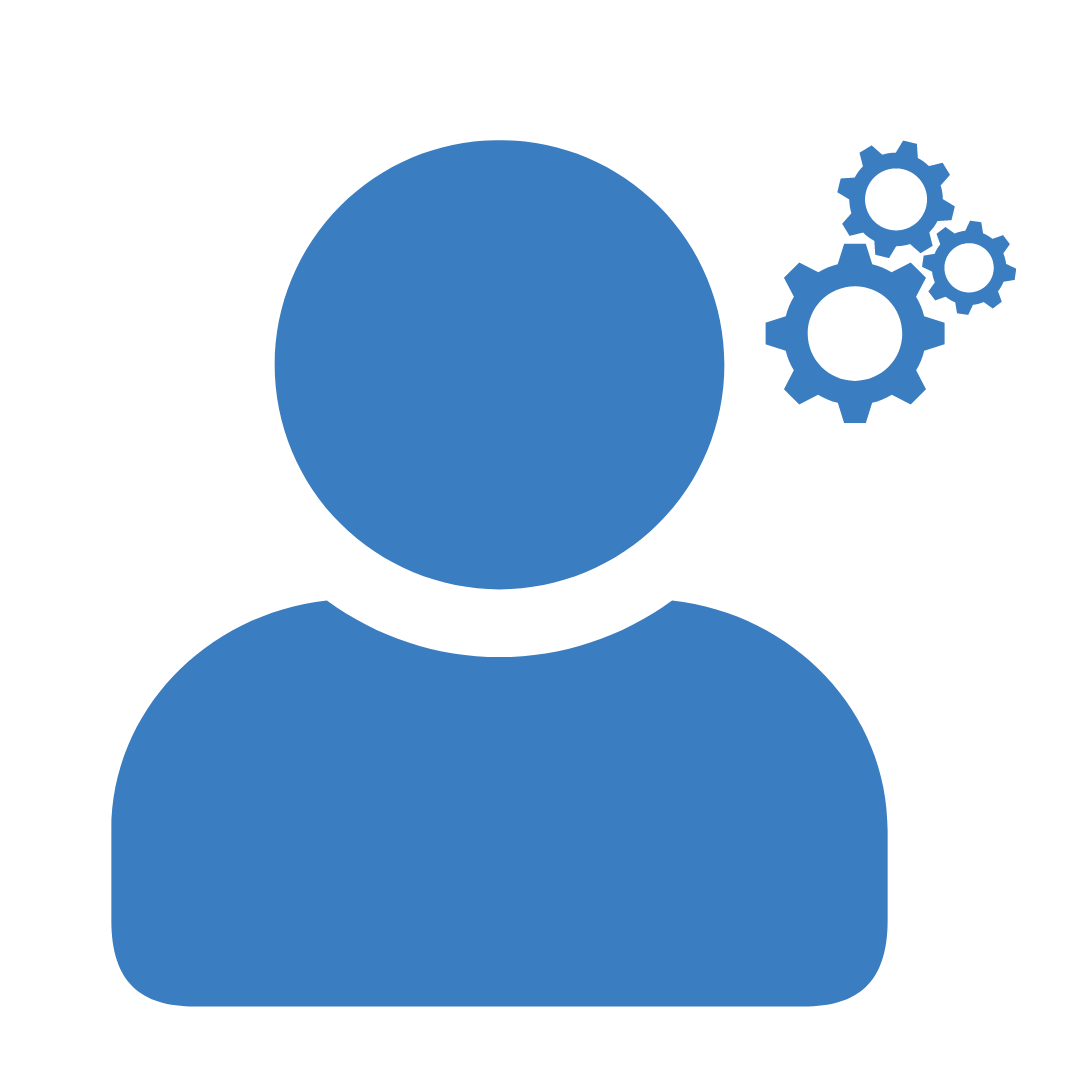
Despite AI’s capabilities, it falls short in other vital areas of software testing. For example, during usability testing, I put myself in the shoes of the end-user to assess the website's ease of use and understandability. This human-centric approach is something that AI, with its lack of human understanding and empathy, cannot replicate.
Furthermore, exploratory testing, which involves identifying errors without a predefined guide or list, requires creativity and out-of-the-box thinking, skills that AI currently lacks.
The Coexistence of AI and Software Testers
So, will AI take over my job? The answer, it seems, is not entirely. AI can certainly assist in some areas of software testing, but it cannot fully replace the human touch. It's like having a robotic assistant that can help with homework but cannot engage in imaginative play.
In comparing whether AI could more easily replace a tester or a developer, it becomes clear that while generating a test might be simpler than generating code, creating meaningful tests requires a degree of creativity that AI lacks.
While large-scale test design may be simpler than coding, setting up tests for complex systems, such as creating an order in a mobile app that gets processed in Salesforce and then flows for fulfillment in SAP, is a challenging task. Here, we will need a combination of AI-assisted humans and human-assisted AI.
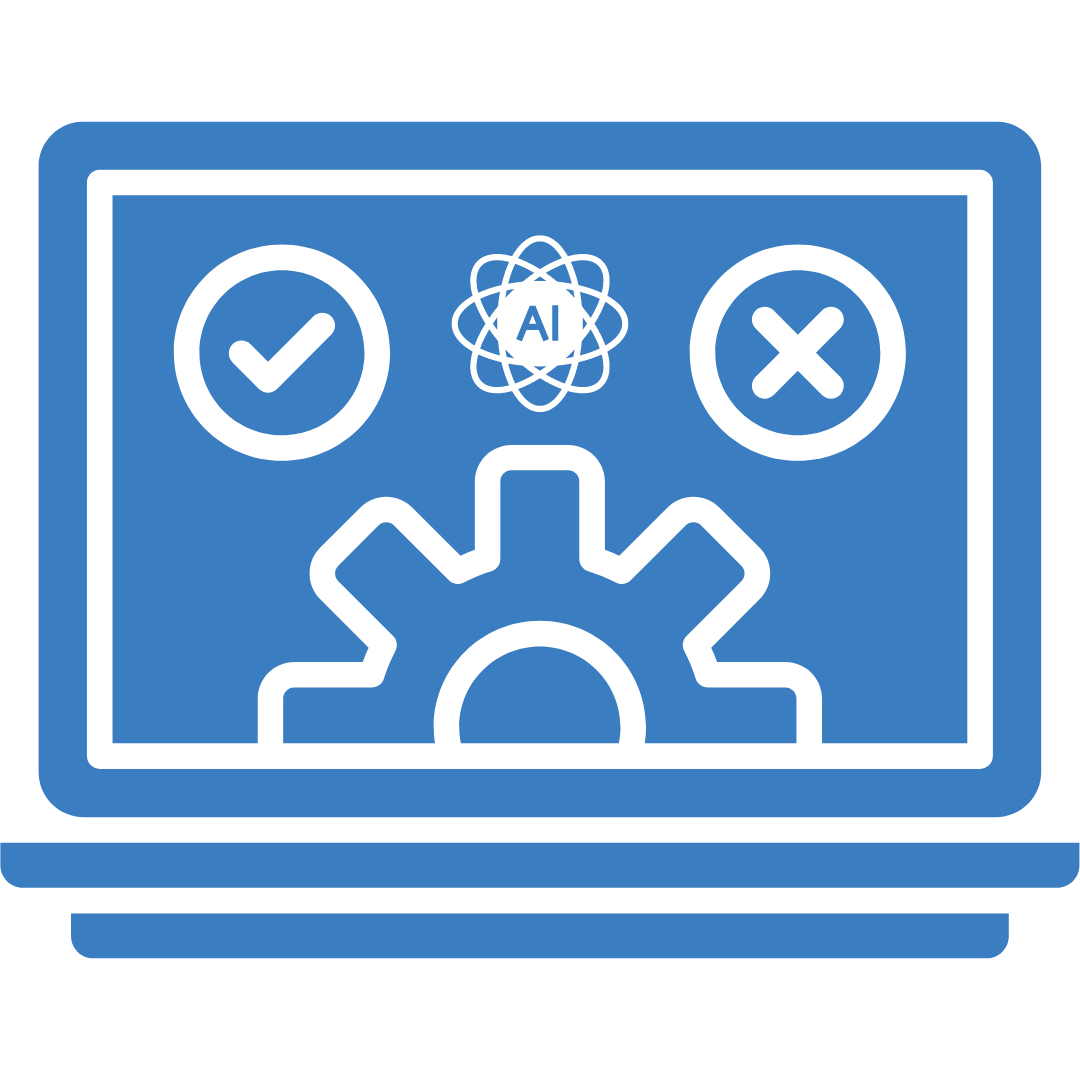
In conclusion, while AI will undoubtedly improve the speed and productivity of software development, it is not yet capable of building software and assuring its quality independently. As a software tester, the question isn't whether AI will take my job, but how I can adapt to test the AI itself. AI, in my view, is not a job threat but a tool that can help me perform my job better. That, to me, is an exciting prospect for the future of software testing!
You can get in touch with our QA experts to learn more about AI-enabled software testing!
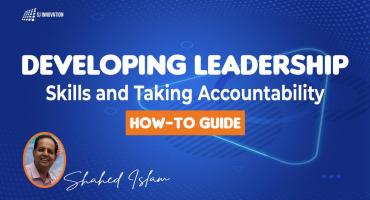
Developing Leadership Skills and Taking Accountability: How-to Guide
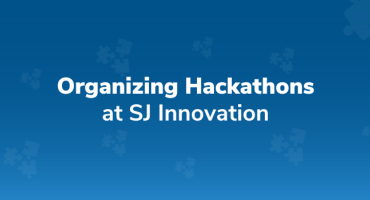
Experience of Organizing Hackathons at SJInnovation
